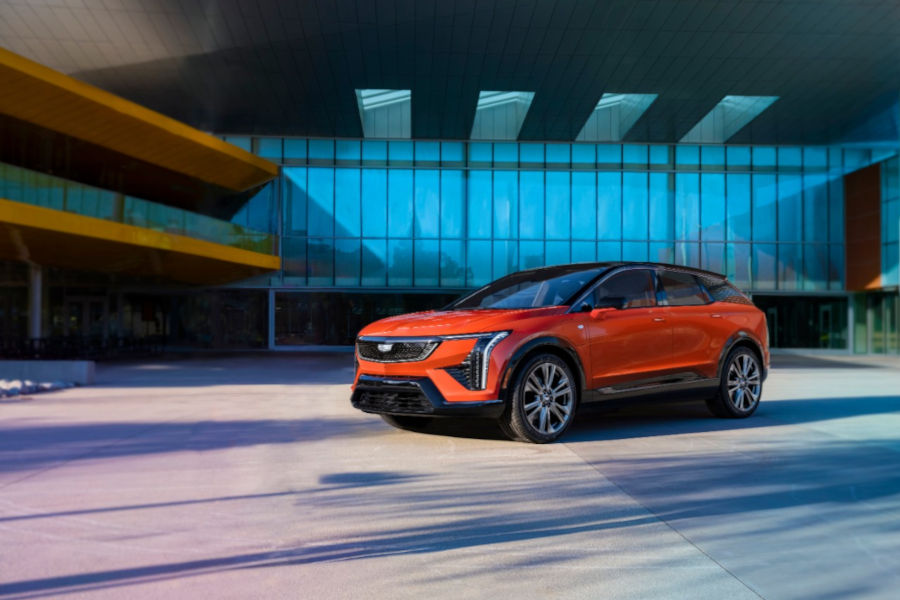Americans have long had a love affair with big, powerful vehicles.
From muscle cars to SUVs and pickup trucks, the U.S. automotive landscape has been dominated by larger-than-life machines for decades.
But as we face the realities of climate change and the transition to electric vehicles, is it time for a change of heart?
Ford CEO Jim Farley recently made waves by suggesting that Americans need to “get back in love” with smaller cars. He argues that the current infatuation with “monster vehicles” is unsustainable, especially as we move towards widespread EV adoption.
The average weight of new vehicles sold in the U.S. has ballooned to 4,329 pounds in 2023, a staggering 1,000-pound increase since 1980.
But can Americans really let go of their big car obsession?
History shows it’s possible. Let’s not forget the immense popularity of the Volkswagen Beetle in the 1960s and 70s. This compact, efficient car captured the hearts of many Americans, proving that smaller vehicles can indeed find a place in the U.S. market.
The shift towards smaller cars isn’t just about changing preferences – it’s becoming an economic necessity.
Farley points out that enormous EVs with massive battery packs will struggle to be profitable or affordable. The future of accessible electric vehicles lies in more compact, efficient designs.
As we face the challenges of climate change and the need for sustainable transportation, perhaps it’s time for a cultural shift. The American dream of the open road doesn’t have to die – it just might need to downsize a bit.
Smaller cars can still offer freedom, style, and driving pleasure, all while being kinder to our wallets and the planet.
The transition won’t be easy, but with innovative designs, smart marketing, and a focus on the benefits of smaller vehicles, it’s possible that Americans could fall in love with compact cars all over again. After all, good things often come in small packages.







